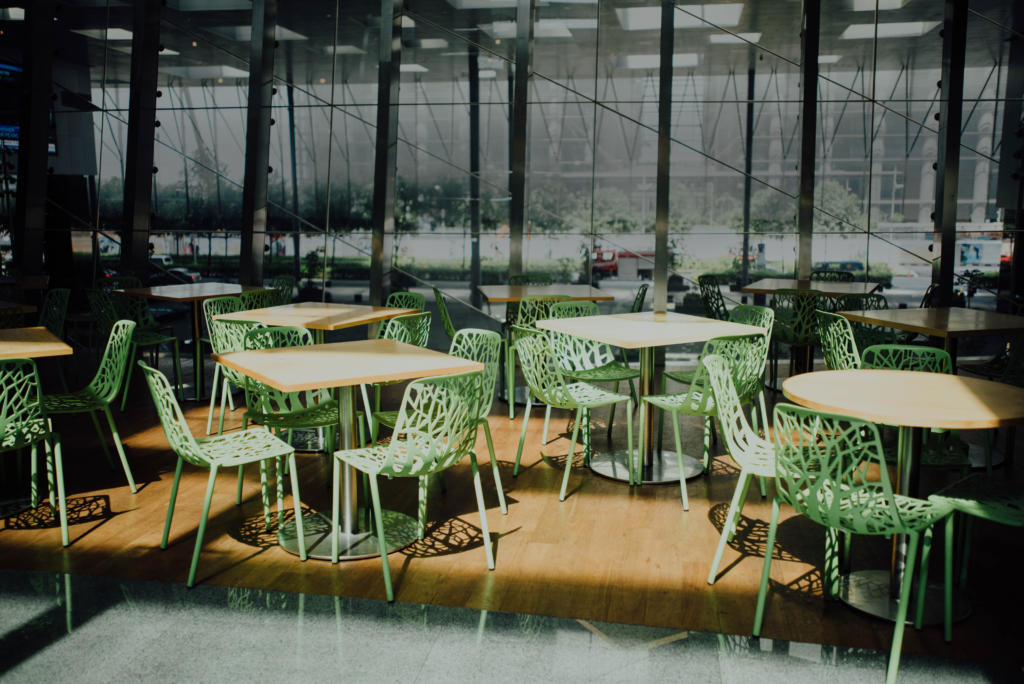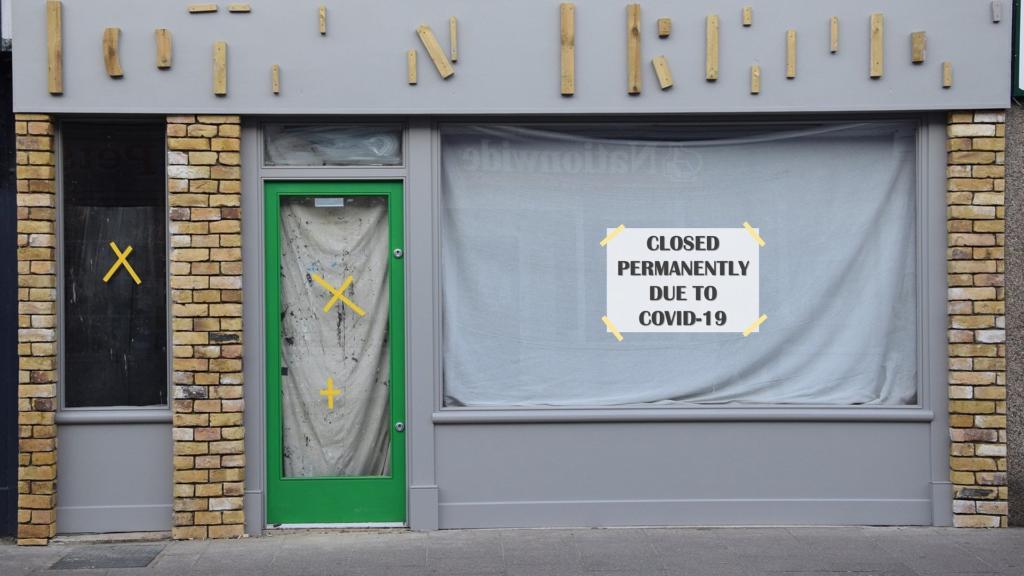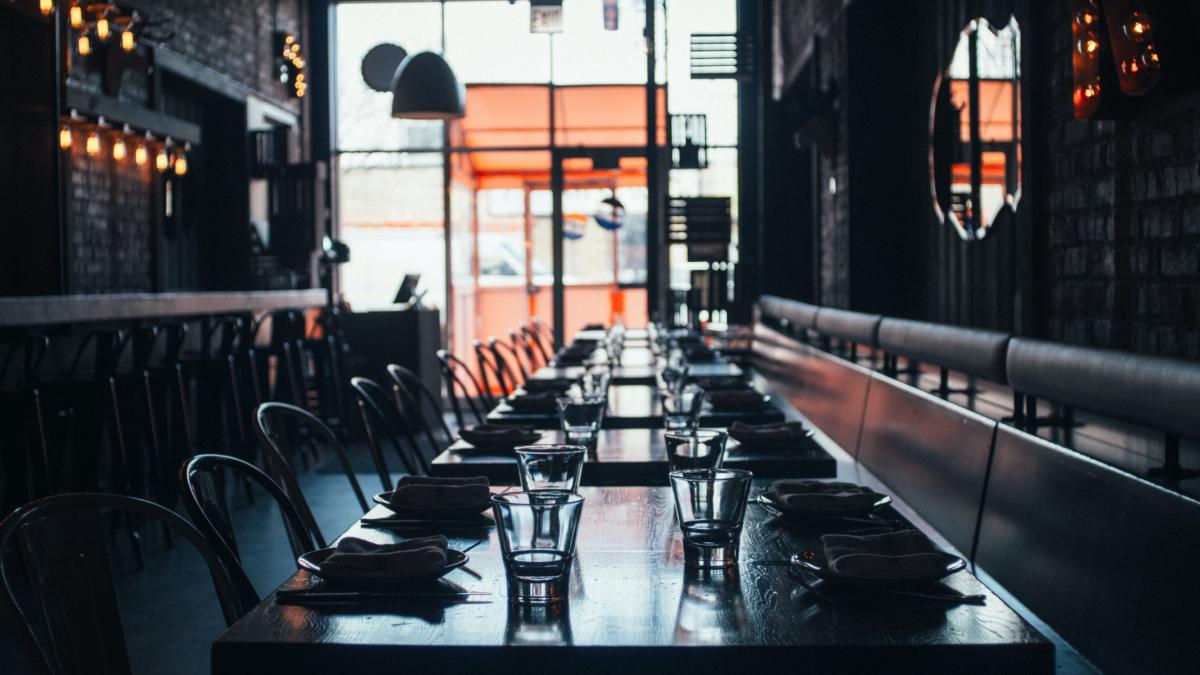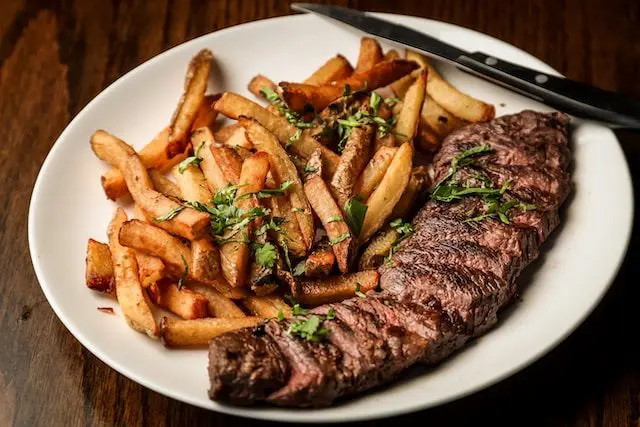Despite Philadelphia officials allowing restaurants to resume indoor dining at 25 percent in the city after rolling back some coronavirus restrictions; many in the city’s hospitality community argue that, even at 25 percent; these onerous restrictions were a bureaucratic overreach that has hurt and possibly killed Philadelphia’s legendary independent restaurant scene.
Worse, research shows that Philadelphia’s lockdowns, which were the strictest in the state, were unnecessary – doing little to prevent the spread of increased COVID-19 cases related to holiday gatherings. This is largely because, as was seen when the pandemic first emerged, cases are high during periods of colder weather, when people are indoors.
Restaurants are allowed to reopen with 25 percent capacity. Tables will be limited to four people from the same household. Sitting at the bar? Still restricted.
“Our sense is, things are probably going to get better with the epidemic from here, so we’re trying to allow some economic activity to take place,” Philadelphia Health Commissioner Dr. Thomas Farley said.
“We are trying to strike a balance between protecting people from COVID and limiting the downside of restrictions.”

Despite an increase in cases, the continual back-and-forth of restrictions are a cause of great frustration for Philadelphia’s world-renowned hospitality industry. Furthermore, the constantly-moving “goal posts” of whether or not residents will be able to eat and drink at their favorite places leaves many Philadelphians to wonder if the restrictions were undertaken in consideration of COVID fatality and infection rates, and if the restrictions were more a case of political mismanagement than a science-based public health strategy.
For Philadelphians like Nicole Shultice, who along with her husband Joe owns Nick’s Bar and Grille in Old City, Farley’s revised restrictions come as yet another slap in the face for people like them who have invested their life’s savings into what was once a successful small business.
“We’re out almost three-quarters of a million dollars in revenue, but the bills keep coming in. Utilities and taxes don’t stop.” Shultice said.
“The worst part is not being able to hire back our staff, and not being able to give back to the community like we always have.”
Like other establishments serving apartment-dwelling communities like Old City; Nick’s Bar and Grille was able to capture a unique market segment by being both a gastropub and neighborhood watering hole. While this combination netted them a strong cadre of regular customers, this formula came at the steep price of rent, fresh ingredients, and the myriad of state and municipal fees that keep them in good standing with agencies like the Pennsylvania Liquor Control Board, the city health department, Licenses & Inspections and others. Then, at the outset of the COVID-19 pandemic, these small businesses had to add the burden of constructing outdoor dining areas, plexiglass shields, spacing, masking and streets department restrictions having to do with outdoor and take-out only dining regulations.
Worse, with policies passed in haste with no legislation or oversight; conditions where unequal enforcement and even corruption are heightened. This is especially true when agencies without strict internal investigative oversight are used to enforce COVID regulations, like the health department or L&I. This concern was highlighted in the case of Dennis Fink, whose popular Northeast deli, Fink’s Hoagies, was fined and shut down on Dec. 11 by the health department when he was cited for not having his mask completely over his nose and mouth – when he was alone in his shop prior to opening for business.
Fink’s story went viral on social media when the health inspector shut his shop down in the same manner that other health violations (that require reinspection for pest control, cleaning or equipment remediation) are handled. Thus, Fink’s was shut down again when the same inspector came in to “reinspect” on Jan. 6, begging the question why an establishment should have been shuttered with no ability to pay staff or bills for 26 days to remediate a violation that can be fixed by pulling up a mask in two seconds.
Fink took to social media, calling the actions of the health department a “shakedown,” and received support from the public and City Council, which enabled him to reopen. While the resolution of Fink’s case is a comfort to his loyal following of northeast patrons, it remains unclear whether there are metrics to how the city selects establishments for inspections and what oversight there is in ensuring fairness and equality when sanctions are issued. Asked about this, a city spokesperson did not return an answer at press time.
“Being targeted as an industry is one thing. Knowing now, what we suspected all along is another.”
– Nicole Shultice
To endure these business-crippling restrictions in Philadelphia, while watching similar establishments thrive in lockdown-free places like Florida, Texas and even other Pennsylvania counties, illustrates possible political or bureaucratic undertones contributing to these heavy-handed restrictions. Leading to the contentious 2020 elections, COVID talking points shifted from deaths and hospitalizations to case rates, despite an extremely low mortality rate of only 1.7 percent to 1.9 percent in the U.S. As states like South Dakota, Texas, and Florida kept their hospitality industries open while increasing testing and mitigation strategies for the elderly and those with pre-existing conditions, many in the media attacked their Republican governors as reckless and insensitive to those at risk to the disease.
Statistics, however, show that this criticism was unfounded. CDC contact tracing shows few infections originate in restaurants, according to CBS. When examining COVID death rates by state population, there seems to be little justification for the extended lockdowns that have cost so many Americans their jobs and businesses. Pennsylvania, despite a myriad of on-again-off-again lockdowns, had 19,424 deaths for a population of 12.8 million.
On a global level, a scientific study evaluating COVID-19 responses around the world found that mandatory lockdown orders early in the pandemic may not provide significantly more benefits to slowing the spread of the disease than other voluntary measures, such as social distancing or travel reduction. Given these comparative death rates and results of global research, hard-working restaurateurs may be right to feel as if they were unfairly targeted in a Wolf and Kenney administration attempt to politicize the pandemic to assure that the party that ran on promises of state and local bailouts would win the 2020 election.
“Being targeted as an industry is one thing. Knowing now, what we suspected all along is another,” Shultice said.
“Living in a blue state, now getting a bailout, we’re collateral damage.”

While their concerns many seem cynical, the ebbs and flows of COVID restrictions are adding fuel to the fire to those who predicted that the lockdowns that are crushing the American hospitality industry would start to fall away. While it seems far-fetched, consider the political leanings of the governors who were pro-lockdown vs. those who stayed open — which shows that the governors who endorsed Joe Biden closed their economies down. Now, as the vaccine is being widely distributed with warmer weather on the horizon, the new presidential administration may be able to claim victory over the pandemic without having borne the brunt of its fatal consequences.
To go from conjecture to proof, look at recent developments as COVID infections grow in many places, including Virginia. Gov. Ralph Northam, the first governor in the country to shutter schools for the entire 2020 school year and who once outlawed sitting on the beach or playing loud music in the sand as bizarre COVID-curbing measures, now says it’s imperative schools reopen.
“Children are hurting right now; families are hurting; we hear it every day,” he said.
“Test results are going down…We all need to collectively get our children back into school and that’s where they need to be for a lot of different reasons.”
Kids have fallen so far behind, Northam said recently, that they may have to go to a year-round calendar to let them catch up.
“We simply cannot stay closed until the vaccine hits critical mass.”
– Gov. Andrew Cuomo
In Chicago, Mayor Lori Lightfoot, who received criticism when her city was shut down, to include hair stylists while sneaking out for a haircut herself, was faced with the fact that restaurants were going out of business due to her lockdown orders; especially true when outdoor dining is nearly impossible for a city with harsh winters like Chicago.
Lightfoot recently said Chicago restaurants and bars, shuttered for indoor service since October, need to be allowed to reopen “as quickly as possible” not just to help those businesses survive, but also to cut down on instances of private parties where people don’t take proper precautions against COVID-19.
Even New York, with the nation’s highest per-capita COVID death rate, is calling for changes – despite rising COVID case rates. Gov. Andrew Cuomo, who is responsible for the controversial coronavirus lockdown plans copied in Pennsylvania, New Jersey, Michigan, and California that is attributed to the deaths of thousands of nursing home residents, is now calling for New York to reopen.
As part of his annual “State of the State” address, Cuomo denounced the economic restrictions that his own administration put into place in response to the coronavirus outbreak.
“We simply cannot stay closed until the vaccine hits critical mass,” Cuomo said.
“The cost is too high. We will have nothing left to open. We must reopen the economy, but we must do it smartly and safely.”
So, just a day after the Biden inauguration, officials in lockdown-heavy New York, Chicago, Virginia and Philadelphia were reversing their positions on shutdowns, which research shows are ineffective. Whether this is a coincidence or political strategy matters little to the hard-working chefs, bar owners, servers, and restaurateurs in Philadelphia who have lost their livelihoods over the past year.





